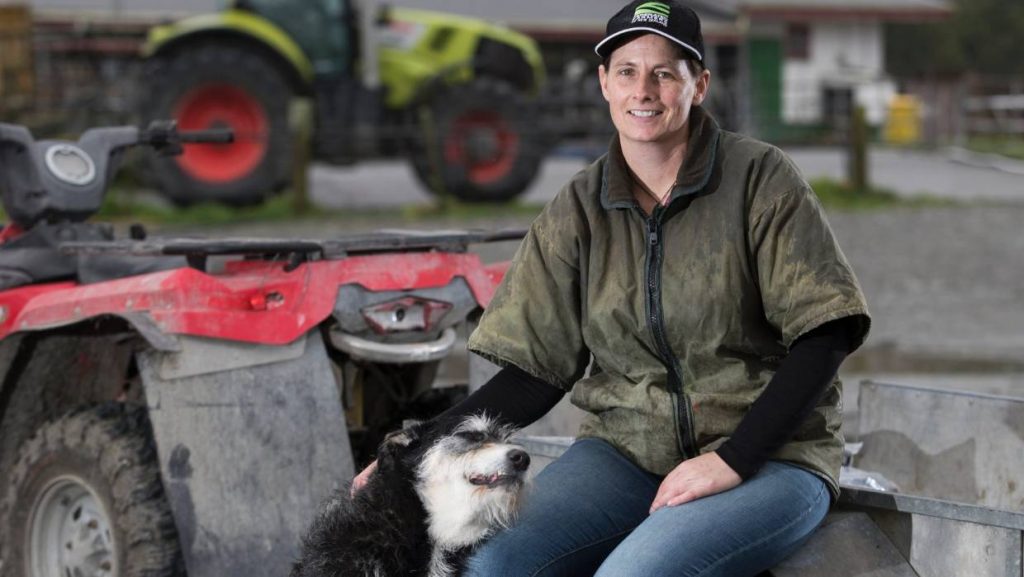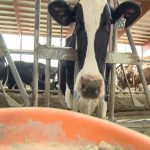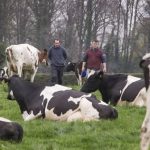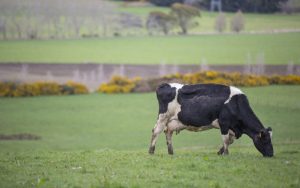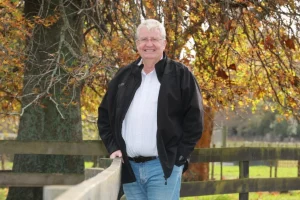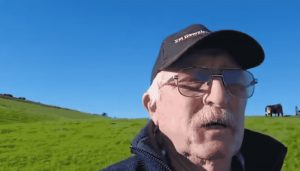
The federation’s president Katie Milne said the Ministry for Primary Industries (MPI) was “not coping” with the eradication plan of the disease.
Under the almost $1 billion government eradication programme, 167 properties have been confirmed with M. bovis to date, with almost 97,000 animals culled.
Ahead of Gypsy or Moving Day on June 1, when dairy farmers and sharemilkers shift farms or send their herds to winter grazing, a special team of more than 30 extra staff had been established and 111 of 300 high-risk farms contacted, with 56 Notices of Direction triggered, which restrict animal movements.
But Milne said: “Just when we thought we may have the turned the corner on M. bovis we’re now seeing a significant surge in the number of properties that are going to be tested for M. bovis at a difficult time of the year for farmers.”
The testing would be particularly difficult for farmers moving stock between farms, she said.
There was a “high degree of frustration and some annoyance” that the ministry was not coping and was asking for help from Federated Farmers, she said.
MPI head of biosecurity Roger Smith said the ministry, Beef and Lamb, and DairyNZ had written to Federated Farmers last week asking that it strengthen the role that it played, particularly in terms of supporting farmers and finding regional solutions to regional challenges.
“We have been constantly reviewing our approach to eradication and looking for opportunities to improve. That’s been given impetus by the surge that has been required before autumn and winter animal movements,” Smith said.
Milne said Federated Farmers was not one of the key decision makers in programme and could not levy farmers to recover the cost of its contribution.
“At times we have had to step back and sit out the meetings and the discussions about how this response is being managed and at other times we did not have up-to-date information.”
A group of experienced farmers would help support other farmers nationwide through the process, she said.
Milne urged affected farmers to contact the organisation “if you want advice, a second opinion, or you feel you are not getting a fair go”.
In a Facebook post, Canterbury dairy farmer Amanda Ferguson, whose herd had been culled, said the ministry had done an about-turn regarding the farm’s 2017-born heifers which it had known about since December 2017.
After movement restrictions were put on the heifers in October, they went through two 100 per cent negative tests for M. bovis.
“So we were free to do what we wanted to with them.” In late April, Amanda and her husband Duncan Ferguson received notification that the heifers would be culled.
“If I was any farmer in New Zealand with M. bovis on my property I would be extremely worried because their (MPI’s) decisions keep changing. I really feel for these new group of farmers as it is a torturing process,” Ferguson said.
Agriculture Minister Damien O’Connor said eradication was a 10-year programme and activity would peak and trough.
“We need to be flexible enough to scale up when needed, that’s the current situation. It’s a particularly busy period and we’ve asked partners to help us scale up accordingly, O’Connor said.
“I continue to have confidence that eradication is achievable and is on track.
“We are the first country in the world to ever attempt eradication. There is no textbook, we are learning as we go along and we are changing and fine-tuning as we go based on evolving science and experience,” O’Connor said.
